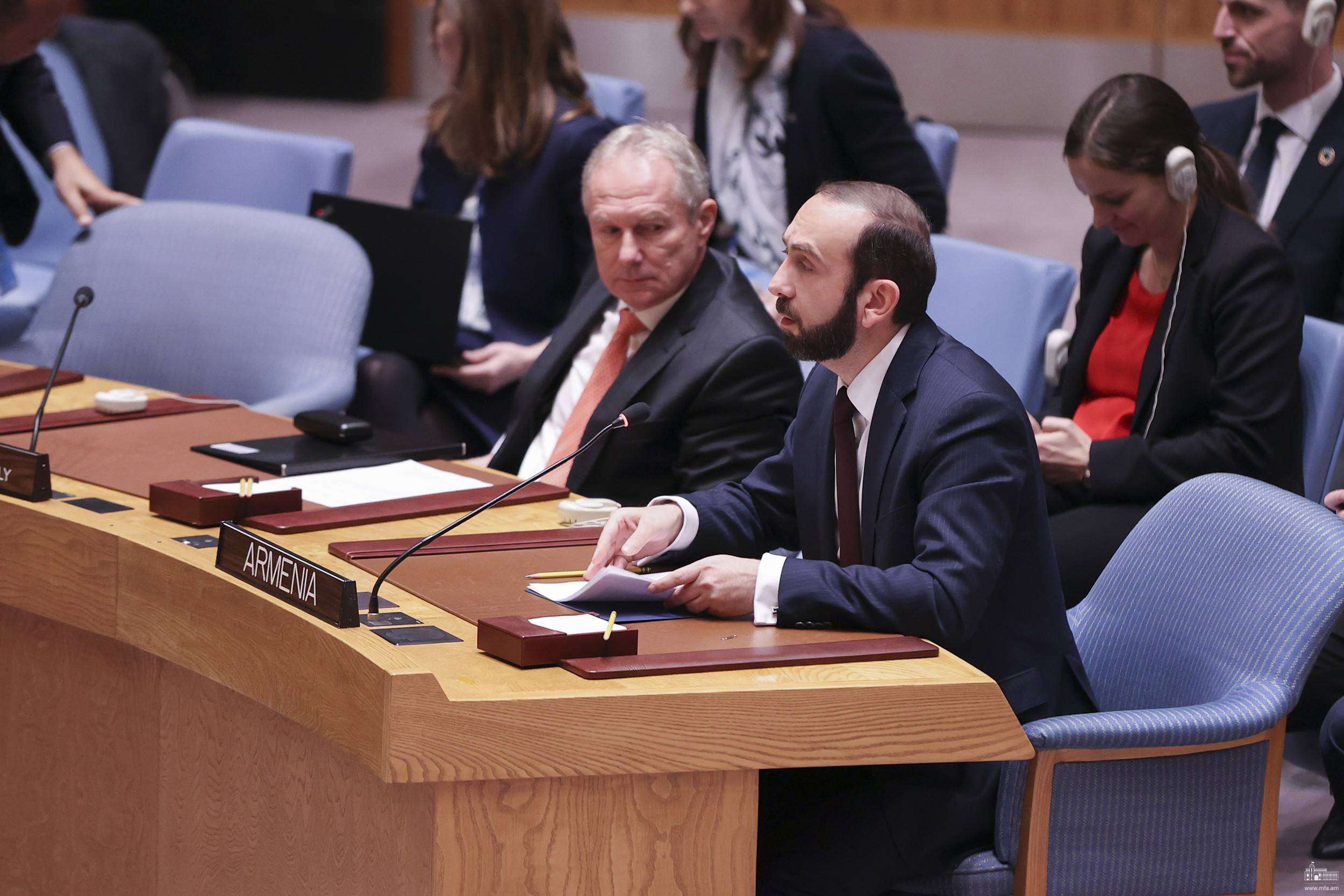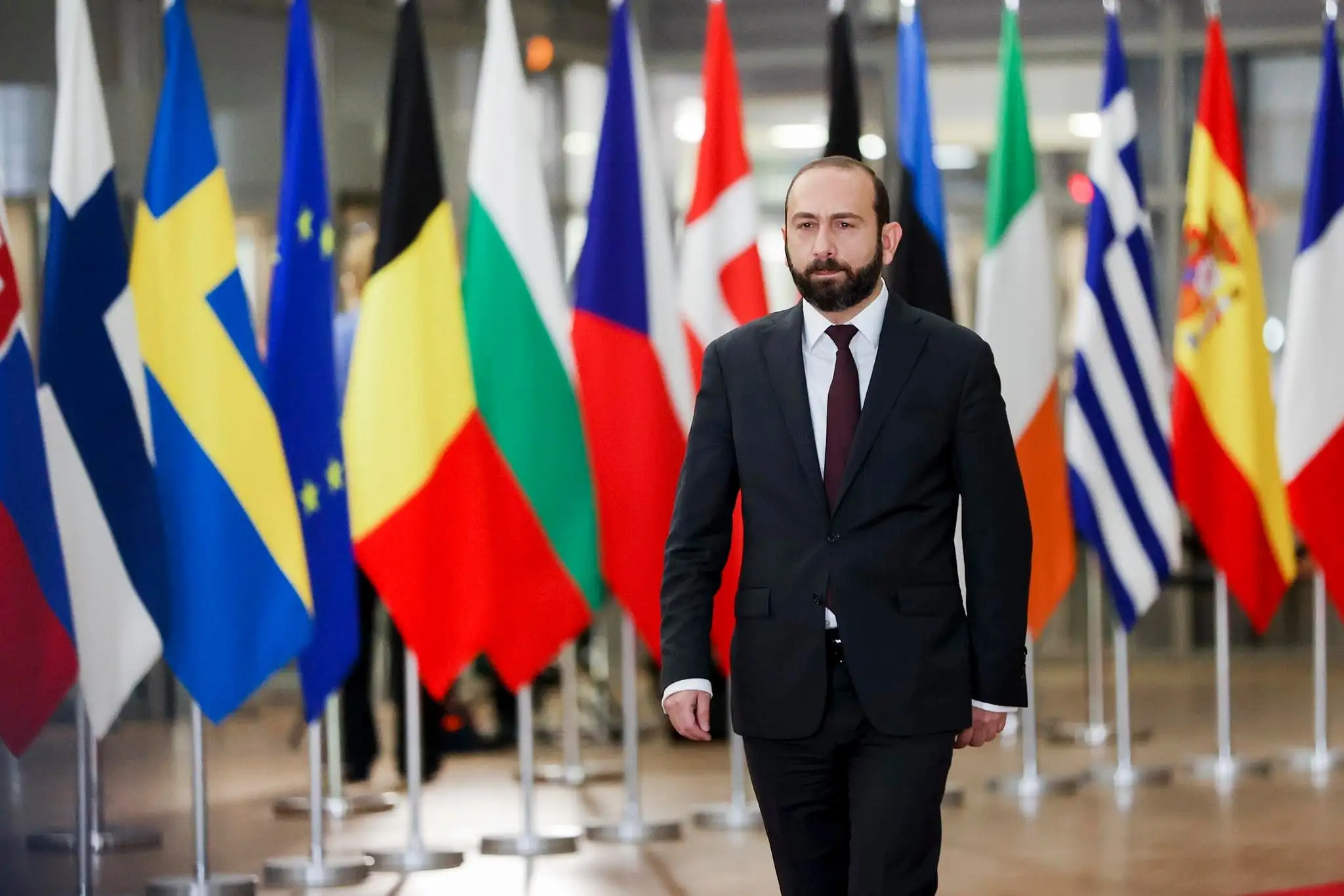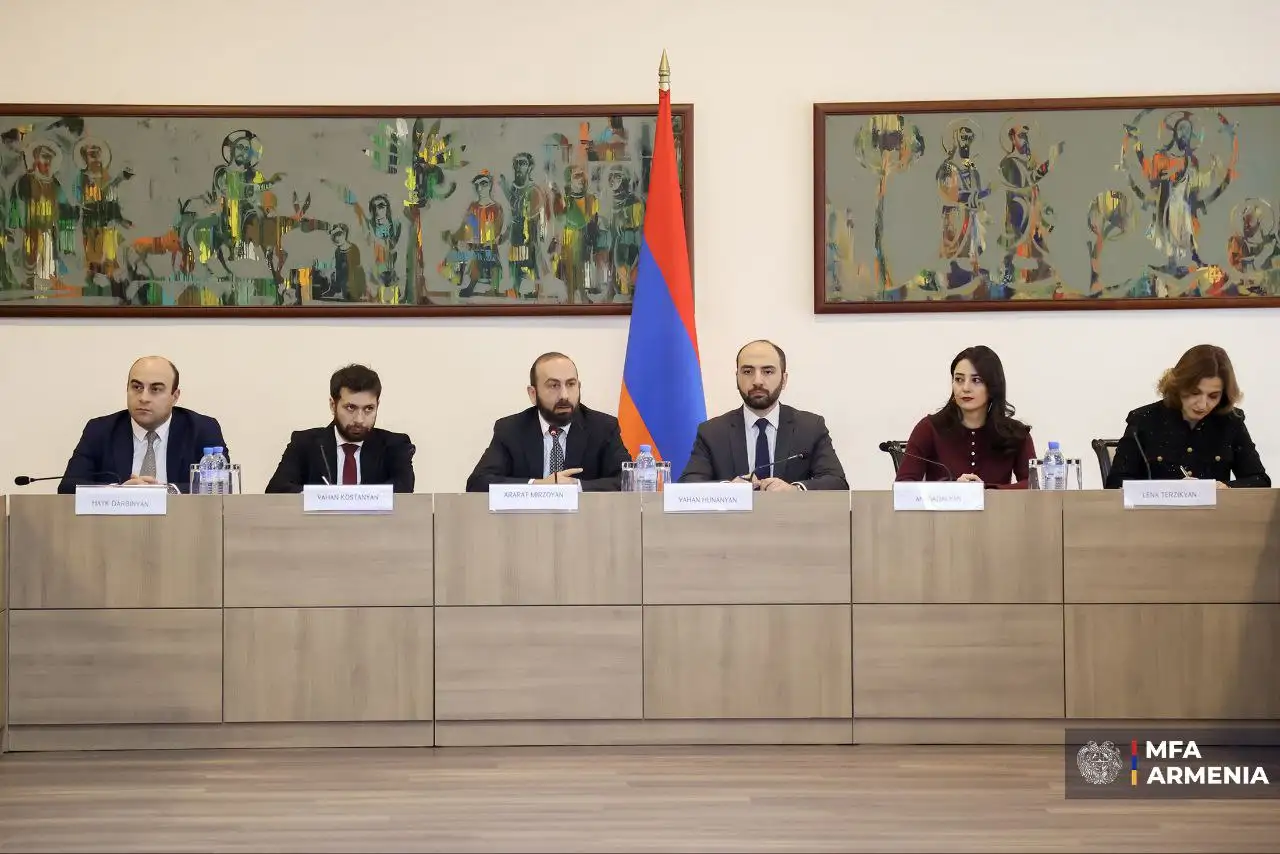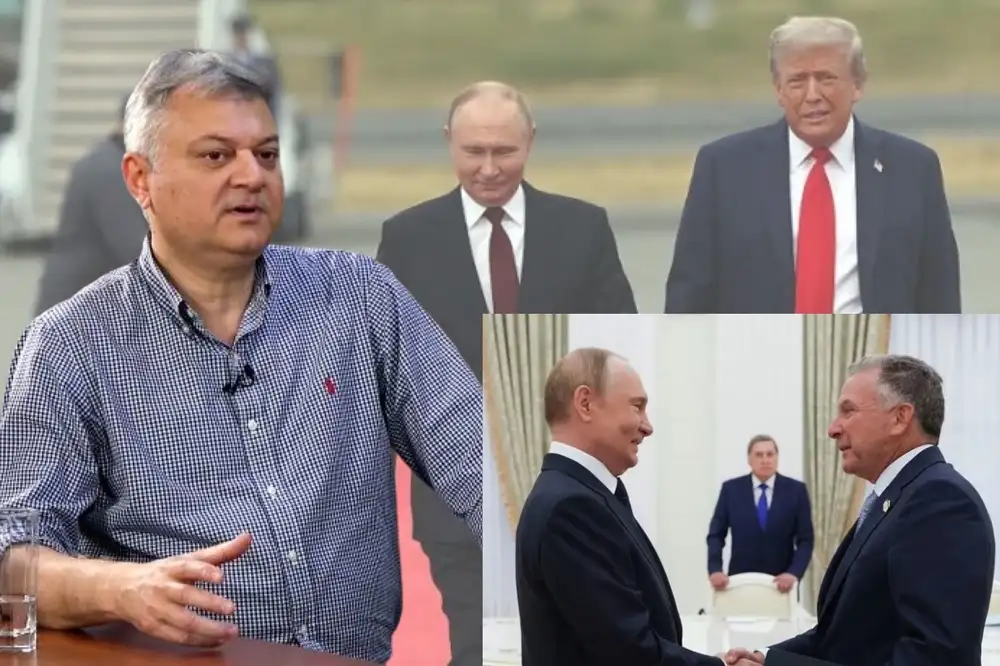RA Foreign Minister Ararat Mirzoyan gave a speech at the UN Security Council's "New orientation for reformed multilateralism" ministerial meeting. In particular, he said:
"I am happy to participate in today's discussions in the UN Security Council, and I thank my dear colleague, the Minister of Foreign Affairs of India, for the invitation.
The Indian presidency has chosen a very topical and important topic for this open debate. International relations as we know them are in transition.
The global security crisis we are all in has dramatically affected the functioning of the multilateral system. Of course, there can also be an opposite opinion that the failures of the multilateral system led to the situation we are facing today. This is like a chicken and egg story, so it is more appropriate to focus on how multilateralism should be reformed based on the lessons to be learned.
If I were to try to define multilateralism in very simplistic terms, I would call it "the ability to reach and follow through on commitments based on mutual agreement." To find a common language, we must adhere to the universal red lines, towards which a two-sided approach cannot be tolerated. And these red lines are primarily reflected in the Universal Declaration of Human Rights and the UN Charter. This important open debate will provide a basis for reflection in our joint struggle to preserve and improve the multilateral system for future generations.
Mr. President, Armenia remains steadfastly committed to multilateralism, anchored in the purposes and principles of the United Nations Charter, including the non-use of force or the threat of power and the peaceful settlement of disputes. In a world where conflicts persist, prohibiting the use of force and strict adherence to peaceful resolution is indispensable for maintaining international peace and security.
The United Nations must resist the cruel practice of imposing unilateral solutions and prioritizing violence over the peaceful settlement. Attempts to normalize the use of force in interstate relations, unleash wars, and commit atrocities are incompatible with the fundamental values and goals of the United Nations. They must be unequivocally condemned and rejected at all times.
Strengthening the capacity of the United Nations and the United Nations Security Council to prevent and respond to such troubling challenges is essential to achieving the goal of maintaining international peace and security.
Armenia supports efforts to reform the institutions of multilateralism and make the Security Council more inclusive and effective, including India's efforts to respond to existing and emerging challenges and threats to international peace and security.
Dear partners, Armenia has directly witnessed the consequences of the decline of multilateralism. The international community could not prevent the use of force by Azerbaijan against the people of Nagorno-Karabakh, which led to thousands of victims, injuries, and a new wave of displacement.
The rights and security of the people of Nagorno-Karabakh still need to be addressed. The people of Nagorno-Karabakh should have the opportunity to live in dignity and peace in their homeland.
The decline of multilateralism was also demonstrated by the inability of the co-chairmanship of the OSCE Minsk Group, mandated by the Security Council, to fulfill its duties. One of the conflicting parties blocks the operation of this format. Moreover, it unilaterally declares that the Nagorno-Karabakh conflict has been resolved through force, thereby hindering the possible settlement of the competition through international mediation efforts.
With the limited interest of the international community, the security challenges in our region only increased. The sovereign territories of Armenia are continuously under attack. The last major incident occurred in September of this year. We asked for an emergency meeting of the Security Council to fully assess the situation and keep the issue under review.
I regret to report that the security situation has not significantly improved. Despite the international community's calls, Azerbaijan continues to occupy the sovereign territories of Armenia. We are continuously confronted with increasing military rhetoric from Azerbaijan, which openly threatens our sovereignty and territorial integrity.
Two years after the end of military operations in Nagorno-Karabakh, the repatriation of Armenian prisoners of war remains unresolved. The Azerbaijani side continues its distortions to artificially counterbalance humanitarian issues and make the return of Armenian prisoners of war a bargaining chip, which is unacceptable and should not be tolerated by the international community.
Moreover, international humanitarian structures, including those operating within the UN framework, are still unable to provide the much-needed aid to the people of Nagorno-Karabakh, essentially ignoring them, contrary to the global promise of the 2030 Sustainable Development Agenda.
Ironically, it seems that international humanitarian organizations and even the people living there are blocked from entering Nagorno Karabakh. It is already the third day that Azerbaijan, grossly violating its international obligations, has secured the Lachin Corridor, the only way of life, thus cutting off Nagorno-Karabakh from Armenia and the outside world. As we speak, the people of Nagorno-Karabakh have been deprived of the right to free movement. Mothers are separated from their children, and terminally ill people cannot get medical supplies and help. Moreover, Azerbaijan disrupted the gas supply to Nagorno Karabakh in the cold conditions of winter. Dear colleagues, Nagorno-Karabakh is facing the immediate threat of food, energy, and a general humanitarian crisis, and the situation will lead to disaster if not resolved.
Under such conditions, the leadership of Azerbaijan claims that they are ready to ensure the rights and security guarantees of Armenians and that no international mechanism or presence is required. What we have now shows how they envision those guarantees.
Along with Azerbaijan's refusal to dialogue with Stepanakert on rights and security, this position indicates that Baku continues to pursue a genocidal policy towards the Armenians of Nagorno-Karabakh.
At the beginning of my speech, I emphasized the importance of fulfilling commitments. Azerbaijan refuses to fulfill its obligations, which were also reached in multilateral formats in normalizing Armenia-Azerbaijan relations and the Nagorno-Karabakh issue. Actions, belligerent rhetoric, and extremist approach of the Azerbaijani leadership seriously jeopardize the possibility of achieving peace and stability in the South Caucasus.
Mr. President, Based on our own experience, we can assert that without effective multilateralism, the world will lack peace and security. Therefore, we must all strive to develop better, more effective ways to prevent conflict, genocide, and other mass atrocities and focus on peaceful, sustainable development."




















